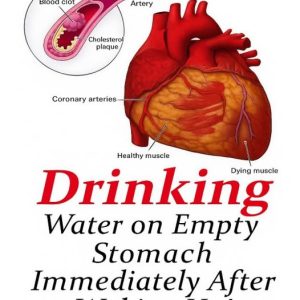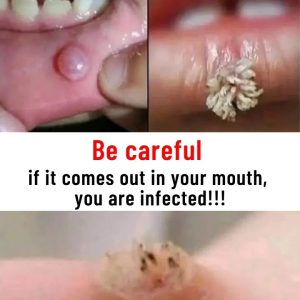It’s clear that sex is a topic that sparks curiosity, and people often wonder about the right amount or frequency of sexual activity in relationships.
But as many experts agree, there isn’t a universal answer — everyone’s relationship with sex is unique.
That being said, recent studies have raised concerns about the frequency of sex in long-term relationships. A study published in the Journal of Psychosexual Health issued a warning to women who engage in sex less than once a week. Researchers suggested that having sex less frequently could have negative effects on emotional intimacy and relationship health. Sex is often linked to the release of “feel-good” hormones like oxytocin, dopamine, and endorphins, which can help reduce stress and improve mood, so a lack of physical intimacy might lead to heightened stress or even anxiety.
Moreover, sex isn’t just about emotional connection — there are a number of physical health benefits associated with it, too. It can boost the immune system, improve sleep (by promoting the release of sleep-related hormones), and even ease menstrual cramps for some. Orgasms help strengthen pelvic floor muscles, which support key bodily functions like bladder control, and regular sexual activity can prevent vaginal atrophy in post-menopausal women.
However, it’s essential to remember that there’s no “right” amount of sex. The frequency of sexual activity in relationships varies greatly and is influenced by factors such as individual health, life stresses, emotional connection, and personal comfort levels. It’s about what feels right for you and your partner — no one should feel pressured to meet any set standard.
In the end, the key takeaway is that healthy relationships, whether they involve frequent or infrequent sex, are based on mutual respect and understanding. There’s no one-size-fits-all approach to intimacy!





